As you can imagine from a high fantasy roleplaying game, there are certain classes you can play as in Dragon Age: Inquisition. Each has a range of subclasses—known as specializations— that you can then choose from later in the story.
We’ll be taking a closer look at the classes and specializations in Dragon Age: Inquisition so that when you start playing, you’ll have an idea of what each class and subclass does and how they are best utilized in battle.
All classes and specializations in Dragon Age: Inquisition
Main classes
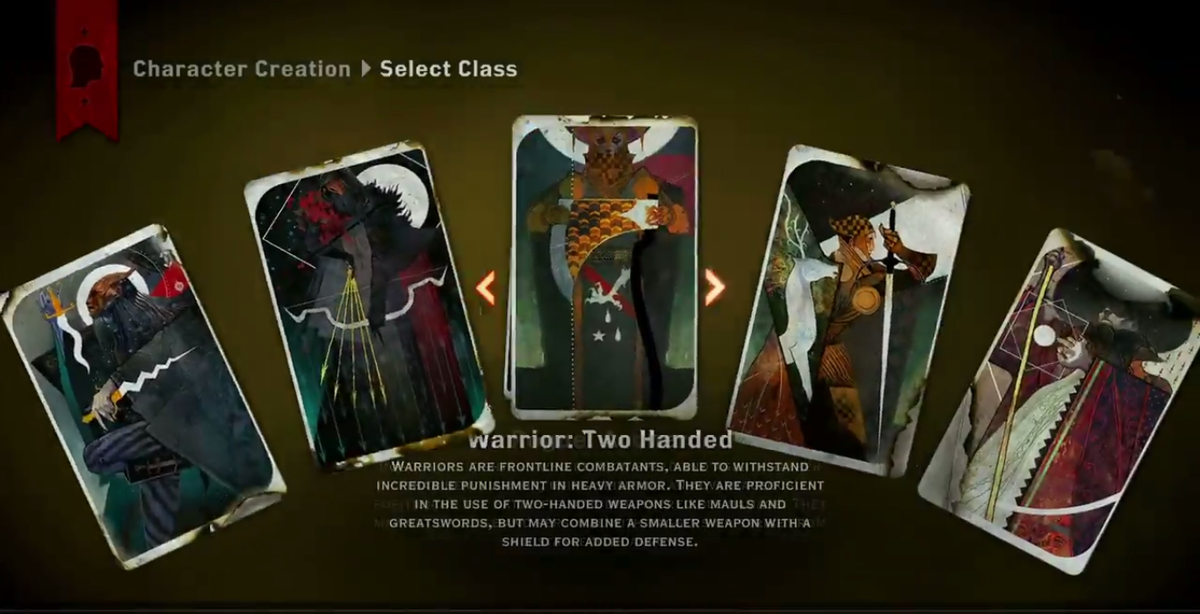
There are three main classes in Dragon Age: Inquisition: Warrior, Mage, and Rogue. Warriors are all about strength and defense. They are also the only class that can Guard and break down weakened walls. Mages are magic wielders that use spells in combat. They can also light veilfires and repair various items with the Energize skill. Rogues are crafty and agile, able to use daggers and bows, set traps and pick locks.
Each of these has three specializations you can pick from when you’ve progressed the story. Let’s take a closer look at these specializations.
Warrior Specializations
The Warrior class specializations are Champion, Reaver, and Templar. Champions are strong defenders, acting as tanks that can protect both themselves and their teammates. Reavers can cause chaos with highly offensive abilities, and Templars are disciplined warriors who specialize in dispelling magic.
Mage Specializations
The Mage class specializations are Knight-Enchanter, Necromancer, and Rift Mage. Knight-Enchanters have abilities that can both defend and protect, but they also have a hint of the Warrior class within their skills as they can summon weapons to deflect projectiles. Necromancers can summon spirits, while Rift Mages manipulate the elements of the Veil and the Fade to create powerful magic.
Rogue Specializations
The Rogue class specializations are Artificer, Assassin, and Tempest. Artificers specialize in traps, Assassins are more about stealth and Knockout Bombs, and Tempests are known for their ability to create powerful, elemental elixirs.
How to unlock Specializations in Dragon Age: Inquisition
You’ll have to progress through the campaign—to where you reach Skyhold— and complete the Specializations for the Inquisitor mission on the War Table to unlock specializations. Josephine is the advisor you’ll need to complete the mission if you are a Mage, while Cullen is who you need if you’re a Warrior and Lelilana if you’re a Rogue.
When the operation has finished, trainers show up in Skyhold to offer training and information on each Specialization. Your Inquisitor will only be able to choose certain Specializations, depending on whether you are a Warrior, Rogue, or Mage.
There are nine trainers, each of whom will teach a certain specialization. The mage trainers can be found near the front gate of Skyhold, the warrior trainers are on the battlements to the right and the rogue trainers are in the courtyard near the barn. The trainers for each specialization are as follows:
Warrior
- Champion trainer: Chancer de Lion
- Reaver trainer: Breaker Thram
- Templar trainer: Ser
Mage
- Knight-Enchanter trainer: Helaine
- Necromancer trainer: Viuus Anaxas
- Rift Mage trainer: Your Trainer (this is all she refers to herself as so we’re just going to pretend that’s her legally given name)
Rogue
- Artificer trainer- Three-Eyes
- Assassin trainer- Heir
- Tempest trainer- Kihm
What specializations do companions have in Dragon Age: Inquisition?
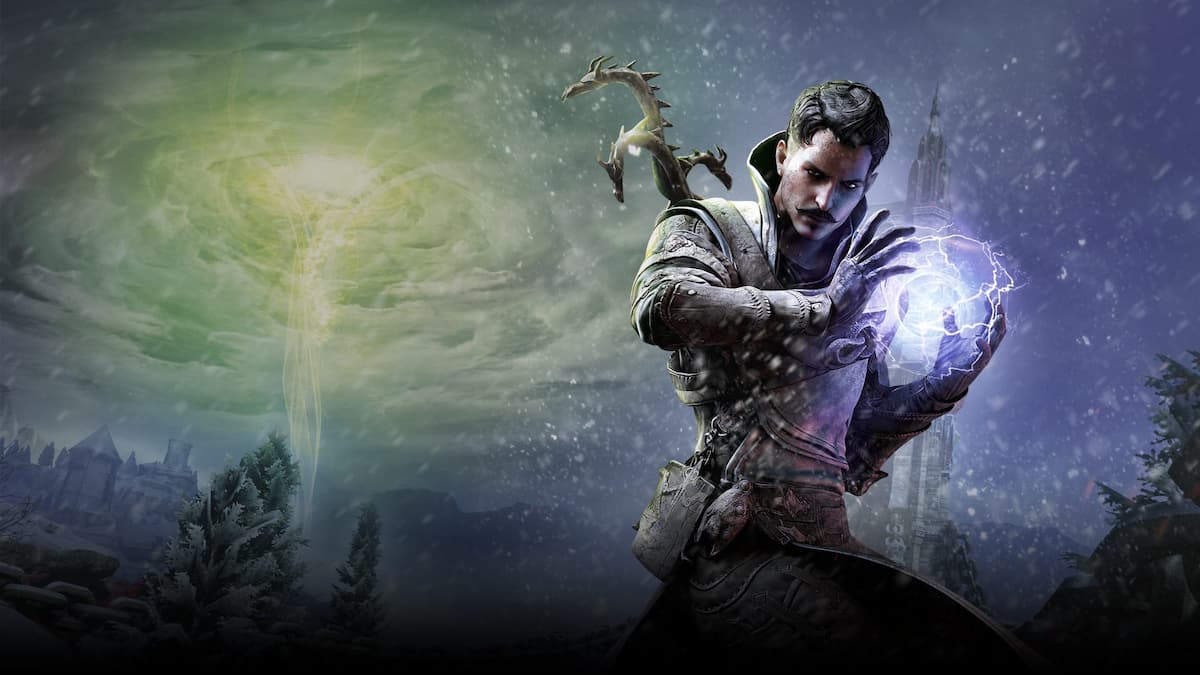
Your teammates have locked-in specializations that can’t be changed, so it’s handy to know what they can do so you can form your party accordingly.
- Blackwall—Warrior, Champion
- Cassandra—Warrior, Templar
- Cole—Assassin, Rogue
- Dorian—Mage, Necromancer
- Iron Bull—Warrior, Reaver
- Sera—Rogue, Tempest
- Solas—Mage, Rift Mage
- Varric—Rogue, Artificer
- Vivienne—Mage, Knight Enchanter
Specialization ability trees in Dragon Age: Inquisition
Each specialization has an ability skill tree you can upgrade. These trees will help you know what kind of skills to unlock once you have chosen your specialization.
| Main class | Specialization | Talents | Upgrades |
| Warrior | Champion | – Line in the Sand – Bulwark – Adamant – To the Death – Resilience – Unyielding – Walking Fortress – Counterstrike | Line in the Sand upgrades: And No Further and Everlasting Barricade. To the Death upgrades: En Garde and Who’s Next? Walking Fortress upgrades: Siege-Breaker and Focused Defense |
| Warrior | Reaver | – Ring of Pain – Blood Frenzy – Terrifying Fury – Fervor – Scenting Blood – Devour – Dragon-Rage – Rampage | Ring of Pain upgrades: Torrent of Pain and Painbringer. Devour upgrades: Consume and Lifeblood. Dragon-Rage upgrades: Ravage and Leashed Fury. |
| Warrior | Templar | – Blessed Blades – Spell Purge – Maker’s Will – Champions of the Just – There is No Darkness – The Last Sacrifice – Wrath of Heaven – Rally | Blessed Blades upgrades: Lights in the Shadow and In Their Blood Spell Purge upgrades: Spell Shatter and Annulment Wrath of Heaven upgrades: Embrace the Light and Breath of Light. |
| Mage | Knight-Enchanter | – Spirit Blade – Combat Clarity – Fade Shield – Fade Cloak – Veiled Riposte – Knight-Protector – Disruption Field – Resurgence | Spirit Blade upgrades: Defending Blade and Amplified Blade. Fade Cloak upgrades: Decloaking Blast and Enduring Cloak. Disruption Field upgrades: Stasis Lock and Charged Disruption. |
| Mage | Necromancer | – Horror – Death Siphon – Blinding Terror – Power of the Dead – Simulacrum – Spirit Mark – Walking Bomb – Haste | Horror upgrades: Despair and Terror. Spirit Mark upgrades: Lingering Mark and Wisps of the Fallen. Walking Bomb upgrades: Virulent and Concentrated Detonation. |
| Mage | Rift Mage | – Veilstrike – Stonefist – Restorative Veil – Encircling Veil – Smothering Veil – Twisting Veil – Pull of the Abyss – Firestorm | Veilstrike upgrades: Punching Down and Wounded Veil. Stonefist upgrades: Shatterstone and Unblockable Force. Pull of the Abyss upgrades: Shaken Veil and Devouring Veil. |
| Rogue | Artificer | – Spike Trap – Set Them Up – Elemental Mines – And Take Them Down – Opportunity Knocks – Fallback Plan – Tricks of the Trade – Hail of Arrows | Spike Trap upgrades: Pyrotechnics and Shrapnel. Elemental Mines upgrades: Throw Everything and One-Shot. Fallback Plan upgrades: Bait and Switch and Clear the Board. |
| Rogue | Assassin | – Hidden Blades – I Was Never Here – Knife in the Shadow – Throatcutter – Knockout Bomb – Gaps in the Armor – Mark of Death – Cloak of Shadows | Hidden Blades upgrades: Overkill and No Witnesses. Knockout Bomb upgrades: Comatose and Dream of Pain. Mark of Death upgrades: Mark of Doom and Lasting Mark. |
| Rogue | Tempest | – Flask of Frost – Flaskmaster – Ride the Storm – Flask of Fire – Fury of the StormKiller’s Alchemy – Flask of Lightning – Thousand Cuts | Flask of Frost upgrades: Bitter Chill and Frostbite. Flask of Fire upgrades: Unquenchable Flames and Flaming Chain. Flask of Lightning: Thunderstruck and Stormrage. |


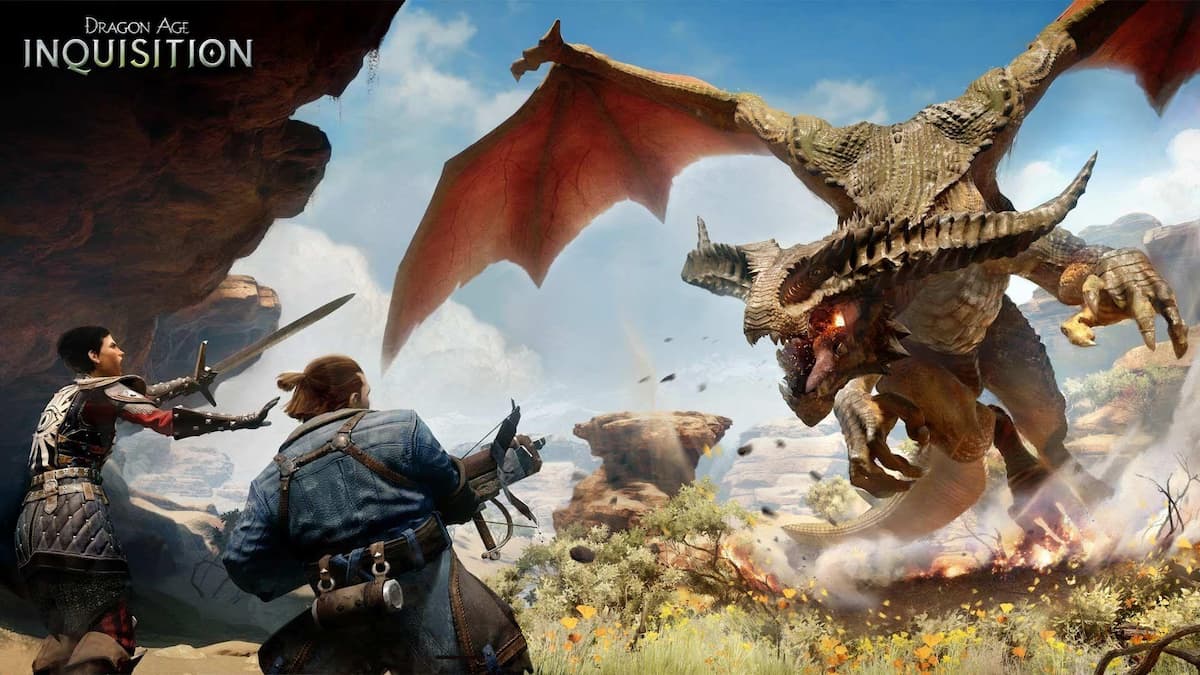
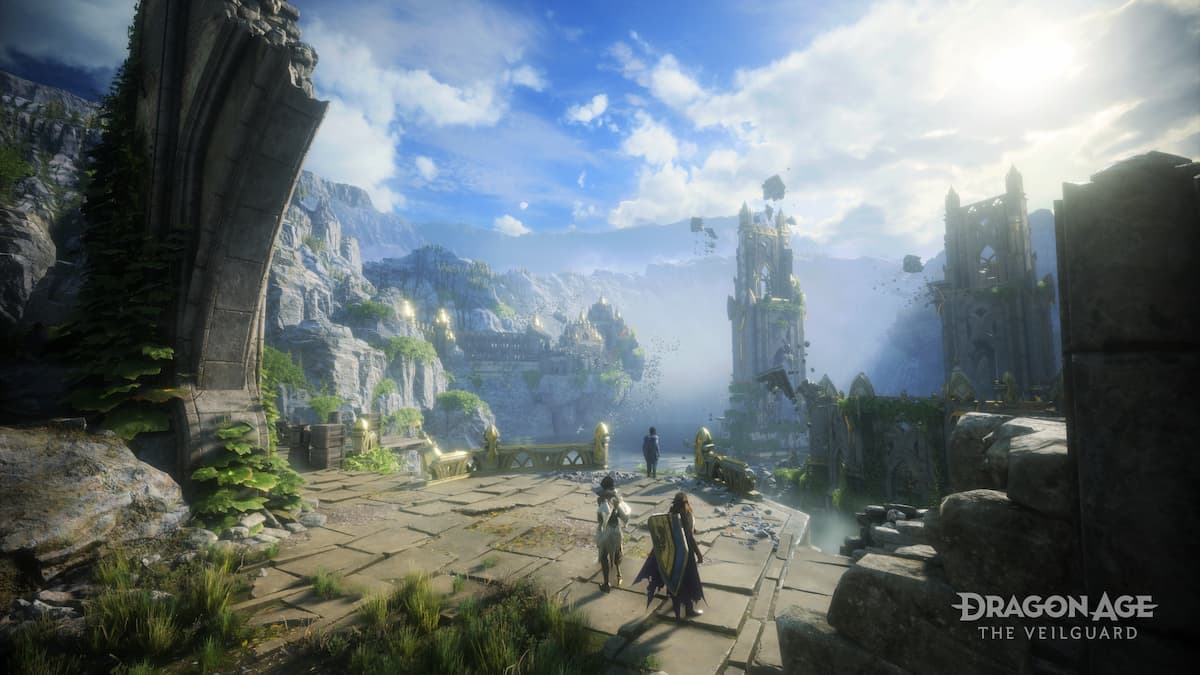
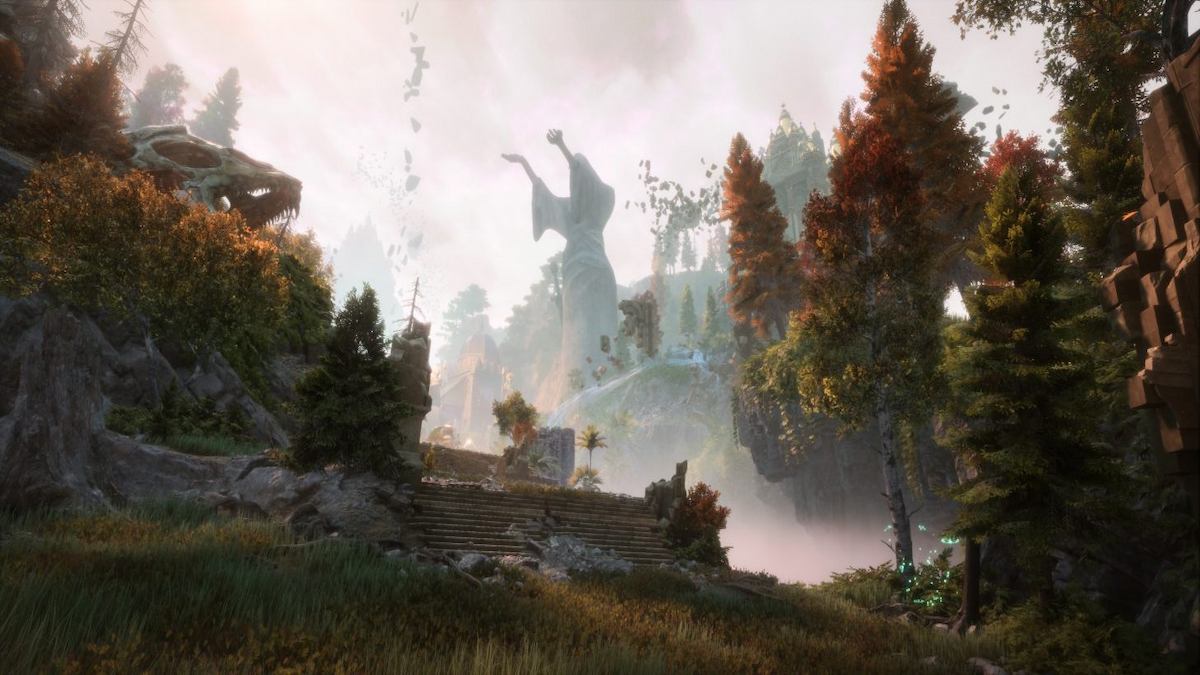
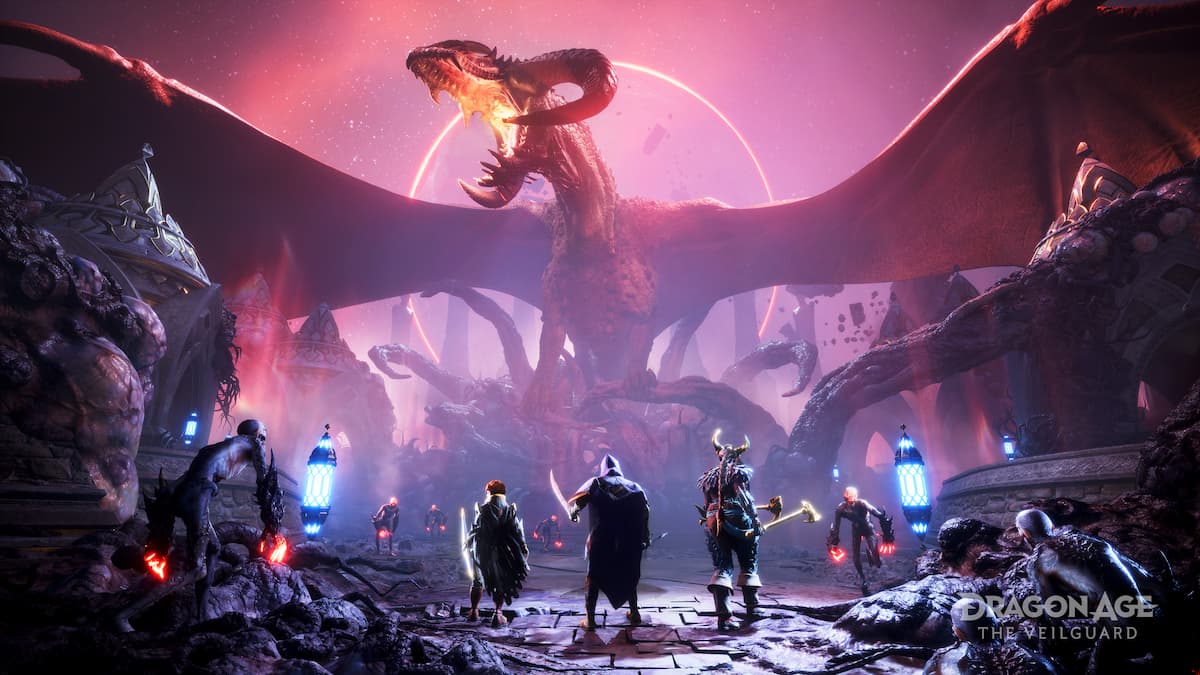
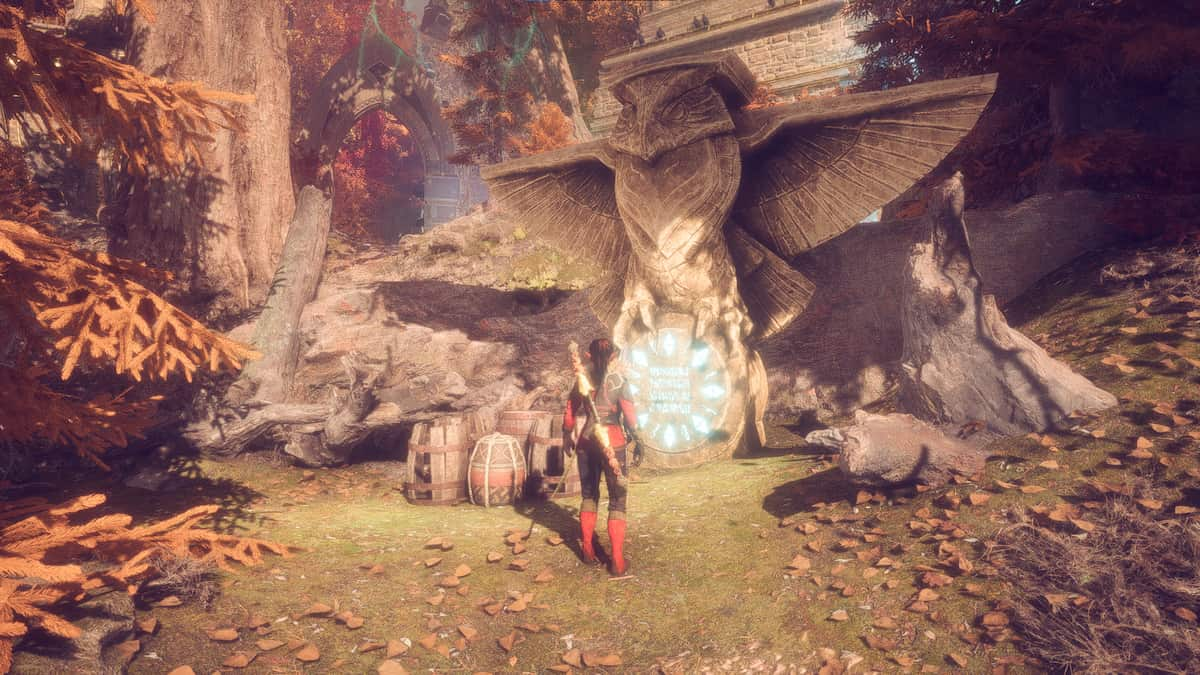
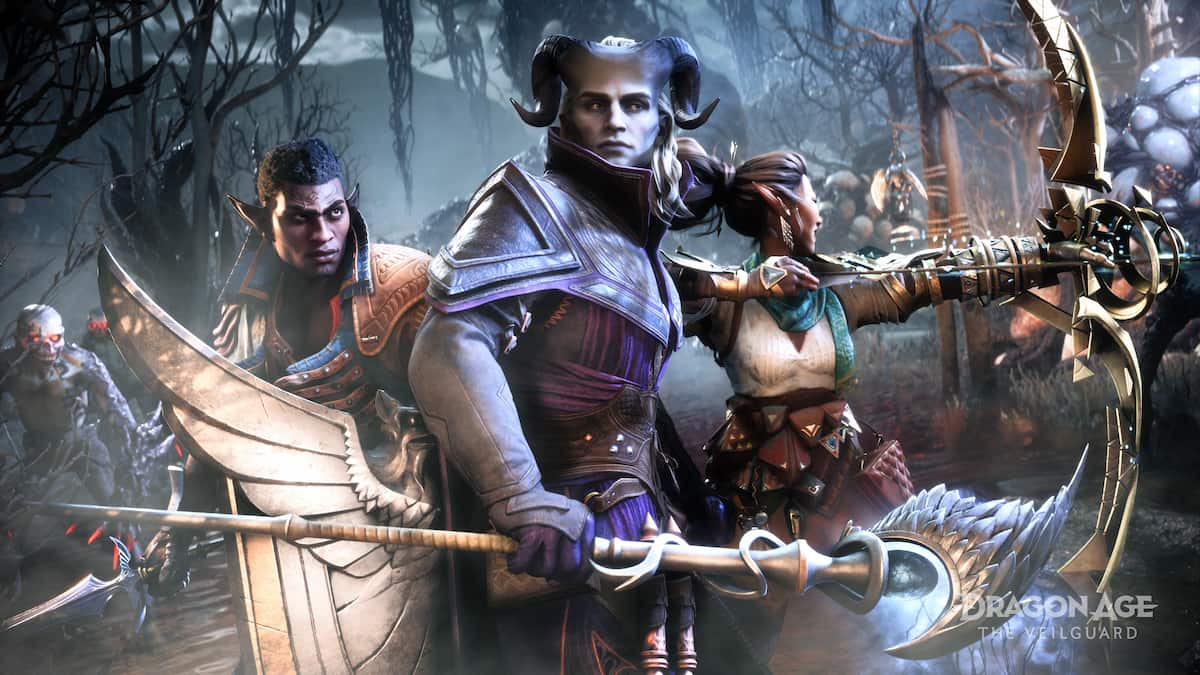
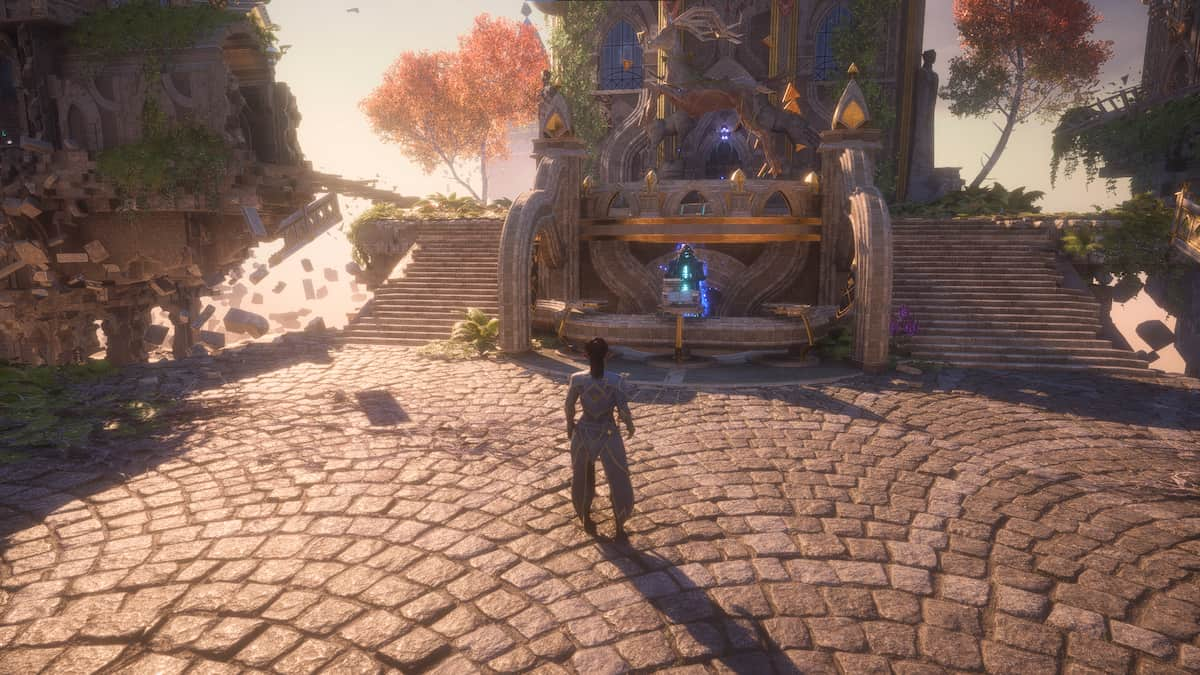
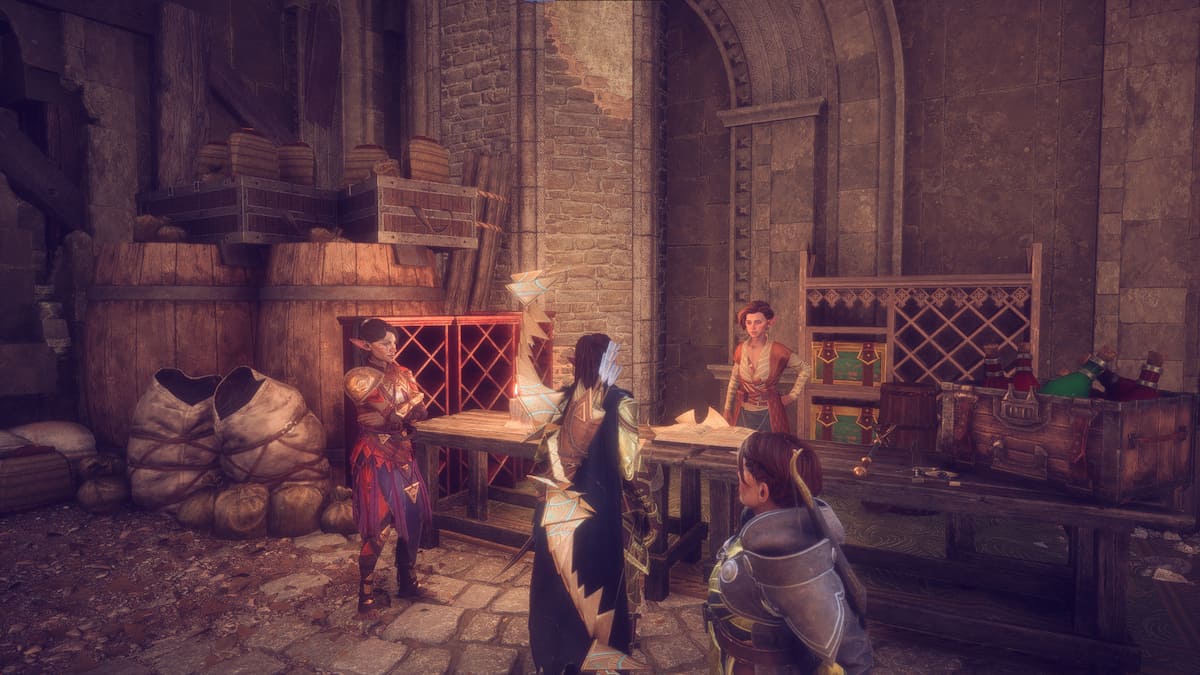
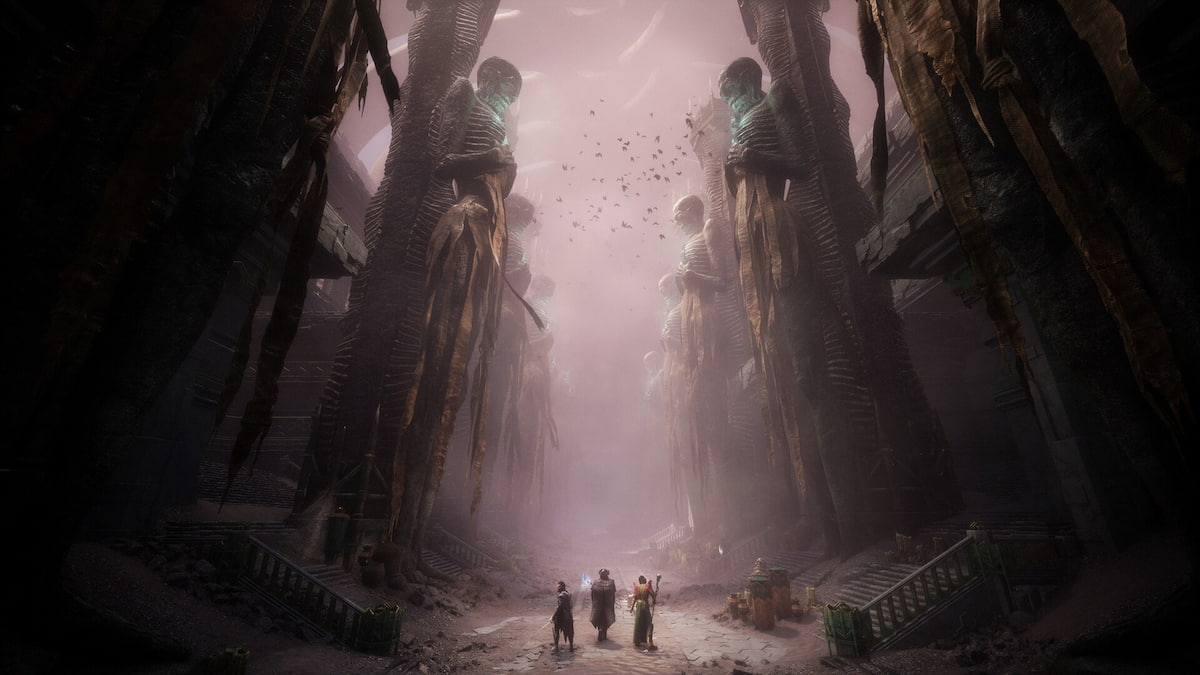
Published: May 20, 2024 08:35 pm